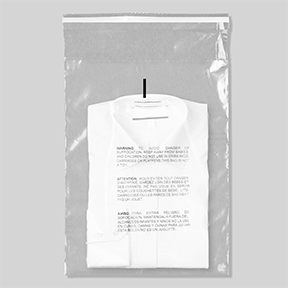The Environmental Impact of Disposable Plastic Coffee Cups
In our fast-paced modern society, coffee has become more than just a beverage; it’s a ritual, a comfort, and often a necessity to kick-start our day. As we rush from one commitment to another, many of us opt for convenience over sustainability, leading to a significant environmental challenge the widespread use of disposable plastic coffee cups. While these cups provide instant gratification, they come with a hefty price tag for our planet.
The Convenience Factor
Disposable coffee cups are designed for single use, allowing consumers to quickly grab their caffeine fix without the need for cleaning or reusability. This convenience is appealing, especially for those on the go. Major coffee chains have capitalized on this demand, providing personalized options to suit every taste. However, this convenience masks a much deeper environmental cost.
The Manufacturing Process
The production of disposable plastic coffee cups is a resource-intensive process. Most of these cups are made from a type of plastic known as Polyethylene, which is derived from petroleum. The extraction and refinement of oil not only contribute to carbon emissions but also disrupt ecosystems. Additionally, the manufacturing process itself is energy-intensive, further exacerbating the carbon footprint associated with these cups.
The Waste Issue
Once these cups are used, they often end up in landfills or, worse, as litter in natural habitats. Disposable coffee cups are notoriously difficult to recycle due to their plastic lining, which is designed to hold liquids. This lining makes the cups incompatible with standard recycling processes, leading to a high rate of disposal. According to environmental statistics, billions of disposable coffee cups are used every year, and a significant percentage of these end up as waste, which can take hundreds of years to decompose.
disposable plastic coffee cup

When these cups are improperly disposed of, they contribute to pollution in our oceans and waterways, posing threats to marine life. Animals can ingest these plastics, leading to injury or death, and microplastics have been found in the food chain, raising concerns about human health and safety.
Efforts to Combat the Issue
Recognizing the environmental impact of disposable coffee cups, many individuals and organizations are working towards more sustainable solutions. Some coffee shops now offer incentives for customers who bring their own reusable cups, encouraging a shift away from single-use plastics. Additionally, several companies are investing in the development of biodegradable or compostable alternatives to traditional plastic cups. While these products are an improvement, they still require proper disposal and composting facilities to truly benefit the environment.
Personal Responsibility and Awareness
As consumers, we hold the power to effect change. Small, individual actions can lead to significant reductions in plastic waste. Opting for reusable coffee cups is one of the simplest yet most effective ways to lessen our impact on the environment. By carrying a personal cup, we not only reduce the demand for single-use items but also inspire those around us to consider their consumption habits.
Furthermore, raising awareness about the environmental effects of disposable coffee cups can create a ripple effect within our communities. Social media campaigns, local advocacy groups, and educational initiatives can help spread the message about reducing plastic consumption and embracing sustainable practices.
Conclusion
The convenience of disposable plastic coffee cups comes at a significant cost to our environment. It’s crucial for both consumers and businesses to recognize the impact of these seemingly innocuous items. By making conscious choices to reduce our reliance on single-use plastics, we can contribute to a more sustainable future. Every cup counts, and by embracing alternatives, we can turn the tide against plastic pollution. In doing so, we protect not only our planet but also ensure that the rituals we cherish, like enjoying a warm cup of coffee, can continue to be part of a healthier environment for future generations.



